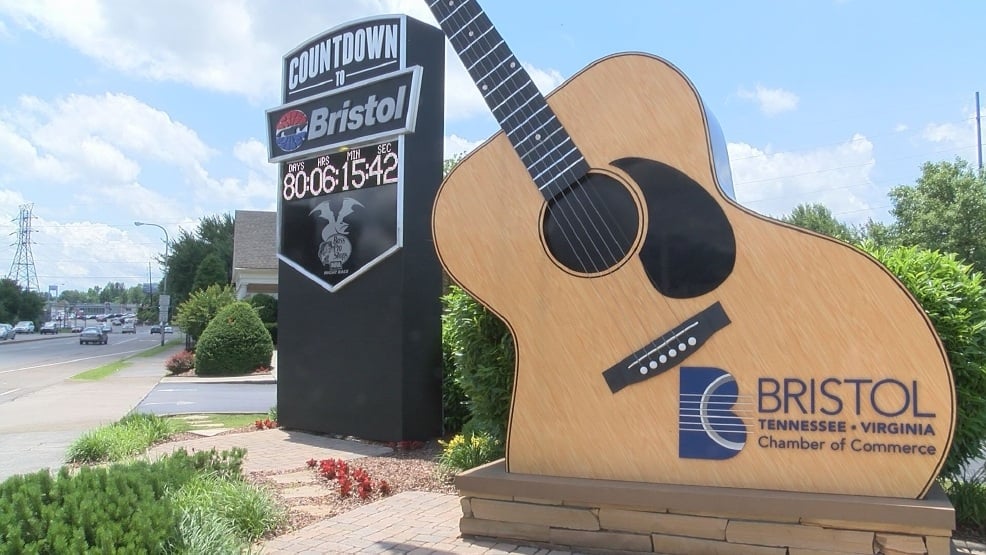Virginia Church Groups in Bristol Accuse the Devil of Trying to Setup Shop Via Proposed Casino
Posted on: October 22, 2018, 03:00h.
Last updated on: November 4, 2020, 06:27h.
A proposed 90,000-square foot casino has been proposed in Bristol, Virginia in the event that the state’s legislature moves to legalize casino gambling next year.

Estimates say the project would bring over 5,000 jobs to the area and spark the local economy. But according to local churches, it would also bring the devil to Bristol and that’s why a group of pastors spoke out in protest of the casino Sunday evening at a gathering in one of the city’s parks on Sunday.
The proposed casino would cost $150 million and would be self-funded by developers Jim McGlothlin and Clyde Stacy. They introduced the idea to the city in September, saying Bristol –and Virgnia as a whole – has the opportunity to capitalize on the potential market before neighboring states of Kentucky and Tennessee legalize gambling.
But Parkway Baptist Worship Center Pastor Gary Montgomery pushed back against that idea Sunday, saying the devil saw Bristol as vulnerable.
“He thought Bristol was conquered. He thought Bristol would wave the white flag of surrender. He thought Bristol was a good place to kennel his hounds of hell,” Montgomery told the crowd. “No, no, no. No, no, no, Devil. We will stand.”
Where Have We Heard This Before?
This isn’t the first time local residents have expressed concern about the possibility of bringing a casino to the city. In September residents attending a Bristol City Council meeting expressed concern that the casino would bring prostitution to the area and increase drug use and crime.
McGlothlin tried to dispel those notions to local newspaper Bristol Herald Courier, saying “First, we won’t allow it, and second, we don’t think that anybody with any sense that owned this place would run the risk of losing their license.”
Those concerns of residents didn’t seem to bother Bristol’s City Council. They passed a motion supporting the casino in a 4-0 vote during that same meeting.
But during Sunday’s protest, Mike Eklund, pastor of the Tennessee Avenue Baptist Church in Bristol, Tennessee (the twin city across the Virginia-Tennessee border) reiterated that same concern; calling casinos “get rich quick schemes” that lead to higher divorce rates, increases in crime, and moral and financial bankruptcy.
It Depends Who You Ask…
Studies have been done to determine whether or not casinos bring an increase in crime to their area – to mixed results.
A study published by professors at Baylor University, University of Georgia, and University of Illinois concluded that casinos were responsible for eight percent of the crime in their counties, in states outside Nevada, from 1977-1996. The study also concluded that “casinos create crime, not merely move it from one area to another.”
However, a 2014 study by Drexel University examined the crime rate in the Philadelphia neighborhood where SugarHouse Casino opened in 2010, and found no correlation between the casino and crime.
“Crime rates in the Fishtown neighborhood of Philadelphia were largely unaffected by the introduction of the gaming establishment, and that any potential significant crime increase either did not occur or were effectively controlled by a reassignment of existing local police officers,” the study concluded.
Earlier this month a Virginia state representative Marcus Simon said he is working to introduce a bill that would legalize sports betting in the state. Though the company has no land-based casinos from which to bet, Simon said it’s important for Virginia to try to keep tax dollars in the state.
“I think there is certainly a revenue opportunity in Virginia,” he said. “We already see a lot of our residents’ dollars go across the river to the MGM casino [in Maryland], and we lose out on a lot of opportunities to capture some of that revenue.”
No comments yet